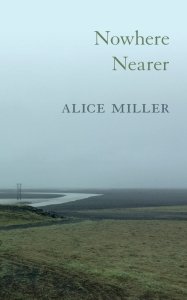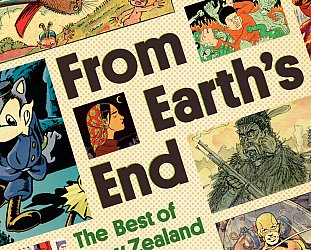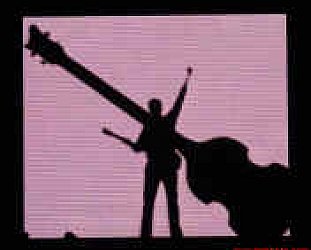Graham Reid | | 1 min read

The first time I went back to Britain as an adult (or at least a late-teen) I wrote in the journal I was carrying that “England is full of dead people”.
Graveyards in villages, St Paul's and other such monuments, churchyards covered in tombstones, large areas where ancient battles were fought and the soil had been nurtured by the blood, bone and flesh of the dead . . .
Most of Europe and Scandinavia is like that, the earth soaked in the blood of hundreds and thousands of years of history. Some places wear the legacy a little more lightly than others (Spain, Italy and the Scandi-countries – the latters noir-literature aside – come to mind) but others are burdened by the weight of it all.
Germany – the result of kickstarting two 20thcentury wars of expansion, and the Holocaust – is a nation freighted and often bowed by its legacy and the nexus of that nation is Berlin, the city that was so divided for so long during the Cold War.
Back then people didn't go to Berlin for pleasure. Consider David Bowie who abandoned the snowflake soul of America and cocaine to record in Berlin. The result was the austere Low and Heroes albums.
New Zealand poet Alice Miller lives in Berlin so almost inevitably most of the short, pointed pieces in this collection bear the weight of history, death, lost voices and meditations on the past that occupies the present.
That said, there is an elegance and acute observational quality to these pieces: the ancient stones hear the voices of the past and the present; the writer is reflective and embedded in all of this but at times allows herself “to sing my way out”; she acknowledges that old adage that even in the midst of life there is death but “I'm not dead, either. To be not dead” . . .
And yet, “some day soon we may get to test our wings”.
Not everything here is located in that Europe of old ghosts, dark castles, snow, deep woods and graves, here too are pieces emotionally located in America and New Zealand.
But this can be a deep, penetrating, thoughtful journey into unknown and unknowable territories which the poet, with economy and allusion, sketches in with hard lines but leaves the spaces for the reader to fill.
“ . . . it is astonishing to be
alive, we say, which means
it is astonishing to be here
among these future dead . . .”
-from How to Forget
Nowhere Near by Alice Miller (Auckland University Press) $25





post a comment